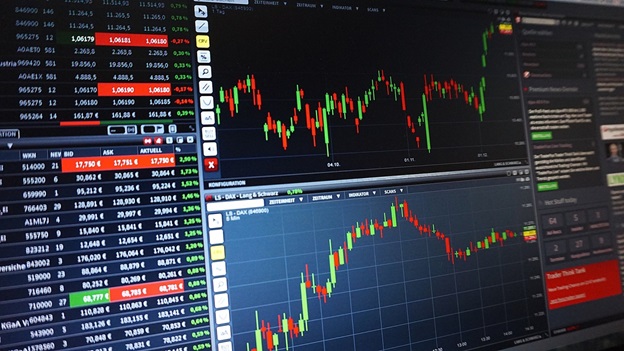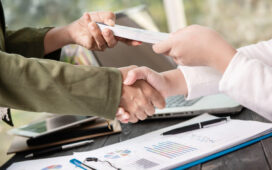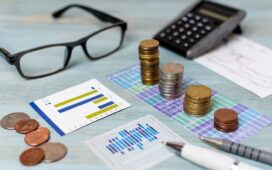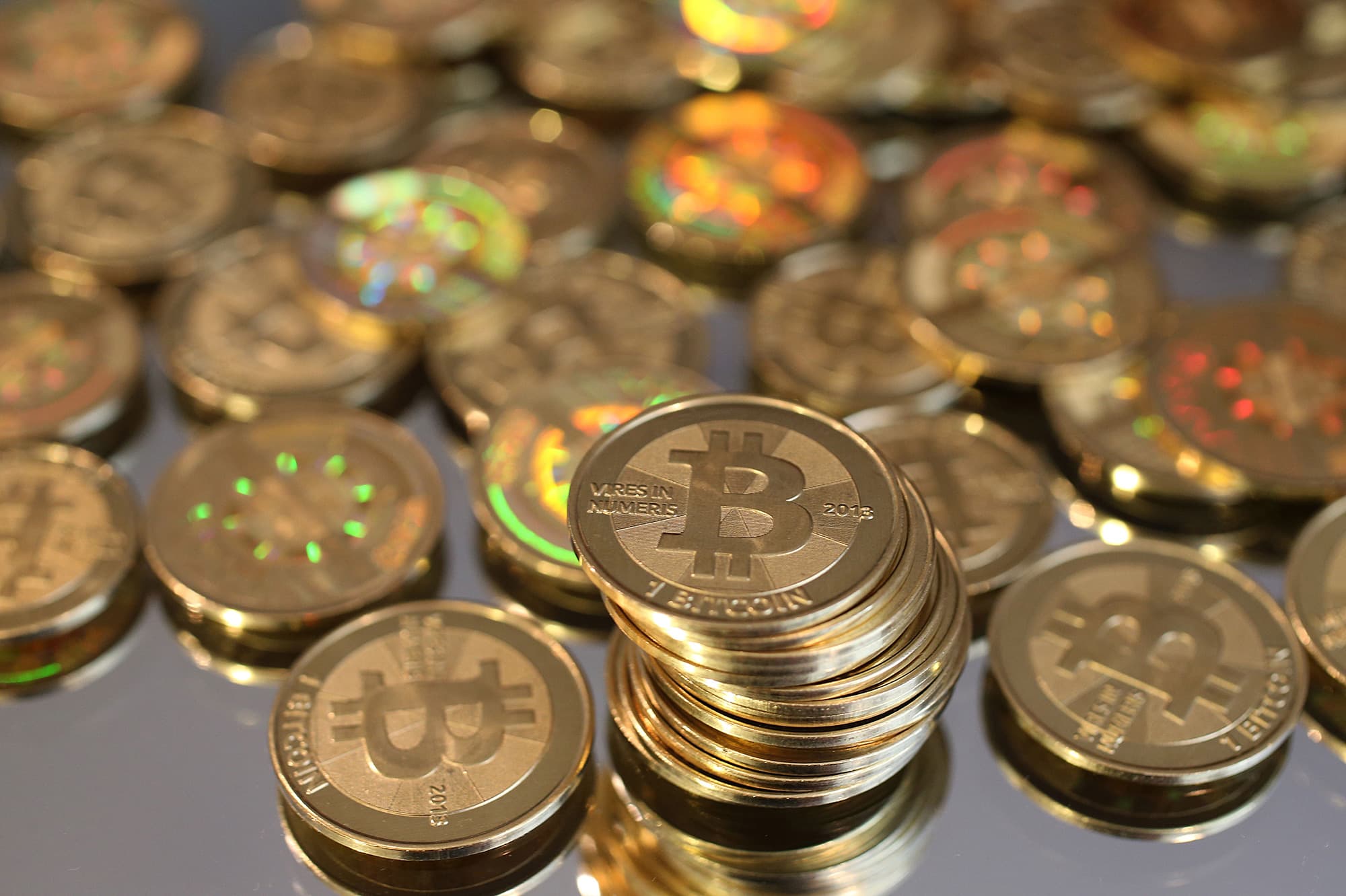Learning to trade in the forex market can seem like a daunting task when you’re first starting out, but it’s not impossible. If you have the education, have read some topics on forex and what it’s all about, but still don’t really know how to get started with forex trading, we’ve got you covered.
Today, the forex education experts over at Learn to Trade are highlighting some key points you’ll need to get acquainted with if you want to start trading forex, helping you take the first steps towards getting started.
Image by Csaba Nagy from Pixabay
Brush up on your forex understanding
Before you start trading, you’ll need to have a basic understanding of when to buy, when to sell and what the basic terms mean, such as ‘profit targets’, ‘stop loss levels’ and why markets are moving in the first place. There are numerous books and sources of education out there, so our top tips to ensure you get the right information are to avoid people who begin by telling you how much money you can make as a forex trader, and choosing a recognised author. Alternatively, you may want to take an online course to further your understanding.
However, reading courses and taking courses online alone have limitations to gaining actual experience. It’s not possible to know it all just by reading or watching online videos. Once you’ve gotten some education, the next thing to do is to join a community of like-minded traders. This way, you’ll find people who have done it, who are doing it, and who are willing to help you along the way. There’s nothing more powerful than being able to share your views and ask questions to other members of like-minded traders. Surround yourself with people who you want to be like, and learn as much as you can from their experiences.
Develop your strategy
After you’ve acquired the basic education and a good understanding of the terminology, the next thing to do is develop your strategy. A strategy is a series of rules of engagement, and should include: when you should buy, when you should sell, and how you’re going to manage the trades. The best rule to follow is to keep it simple, as when you’re getting started in forex trading this will make it a lot easier – you can always develop it with all of the technical jargon as you gain more experience. You don’t need all of the technical analysis you see out there, it’s all about the basic education first.
You should be prepared to understand that a strategy is never going to be flawless. Every strategy may incur a losing streak, but this is okay – it’s the way that you deal with it which counts. Appreciating that your strategy has a losing streak, and knowing what has been done in the past with the knowledge from your community will help you when trading with live money. Most importantly, you will need to backtest a strategy – by doing so, you’re sure to boost your confidence. Demo accounts are an efficient platform to practice your strategy, and you should take as much time as you need while doing this before moving to a live account.
Find a broker
A broker is the middleman that will execute the trades on your behalf in the market. There are multiple brokers out there looking out for your business. However, when looking out for a broker, there are some essential things to look out for.
Our top tips are to avoid brokers that will offer you extreme leverage, such as a huge percentage profit for your capital. These brokers understand that a huge profit margin excites you. They also know that it’s highly unlikely that you’re going to make such profit. You lose your money, and that’s theirs to keep. Some brokers also charge extreme amounts of commissions, so this is one to scan the small print for. You should also consider the difference between the buying price and the selling price. A good broker will have a tight spread, which means that the actual cost of trading will be less. It’s worth asking every question to ensure you’re getting the best deal.
Once you’re feeling more confident to try out your knowledge, it’s time to start trading with a demo account. Of course, you won’t want to risk your hard-earned cash on real trading just yet. Remember, you’re still in the learning process and trading is no get-rich-quick kind of business, it’s all about the long term and being patient. A good way to get the hang of things is to spend time looking at how prices move, looking at your strategy and how it plays out. One limitation of trading on a demo account is that people lose interest quickly – but you need to take it seriously if you want to prepare for the real trading.
Have a written plan
Everything you do should be written around a plan, so that when you start trading real money, you have a plan written down based on your experience. Part of that plan should be keeping a journal of all of your trades. This may seem like a time consuming, unnecessary exercise at first, however it’s worth having if you lose a trade.
Losing a trade, which will eventually happen to all of us, is not money wasted. It should serve for educational purposes, as you need to understand what went wrong, and why that trading lost. By keeping a record of your trades, you might be able to see a trait in your losing trades, and learn from it. It’s important to appreciate that losing your trades is part of the natural trading process.
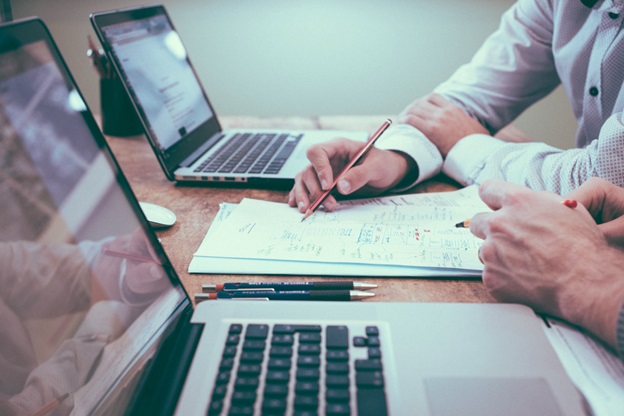
Photo by Helloquence on Unsplash
Whether you’re thinking about getting started in forex trading as a complete beginner, or are struggling with the challenge of getting started even after gaining some education, we hope you’ll be inspired to make the next step.
Author bio:
John James is a content writer for Learn To Trade, the foreign exchange education and learning specialists – offering a range of training courses to help people understand the currency trading market, as well as its opportunities and risks.

